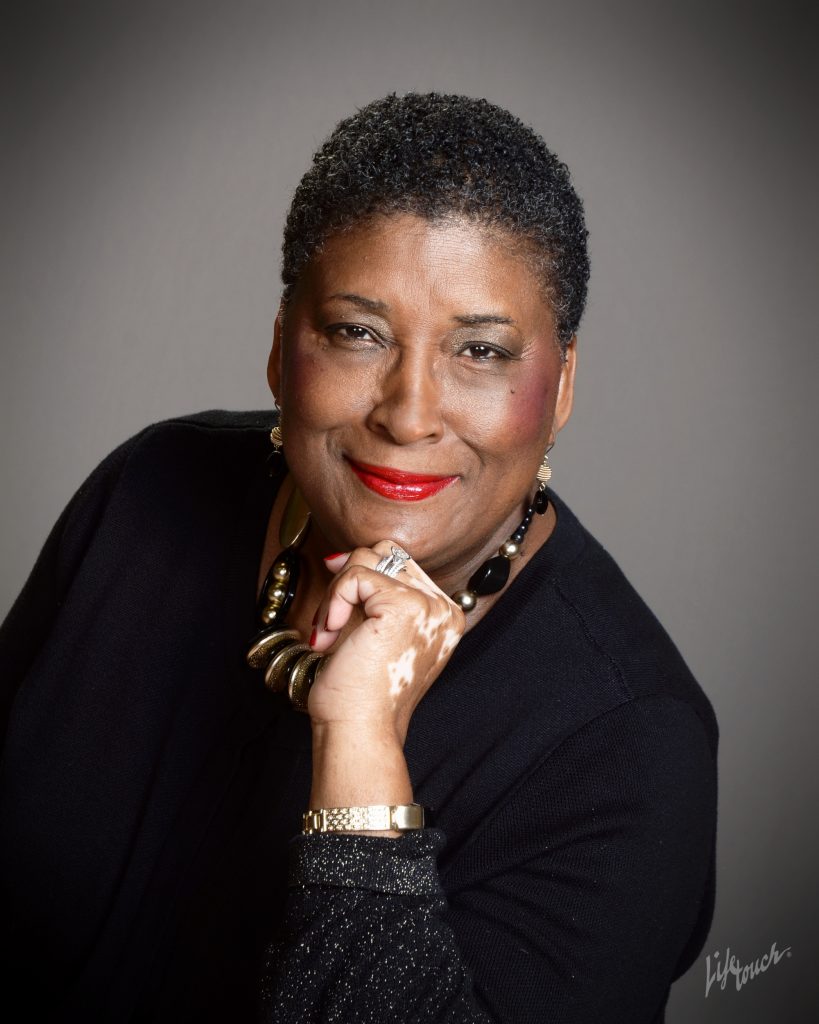By Cynthia A. Bond Hopson, Ph.D.
I’m happy to report that I finished paying my student loans before I
started drawing Social Security benefits, but barely. I didn’t borrow
much—about $5,000, but when I graduated, I didn’t make much—my first
teaching job paid $17,000. Even adjusted for inflation, it’s still not much.
My husband had loans too and I thought we’d never get through paying
them, but we did. We were careful not to borrow heavily for graduate school
but a recent conversation with my primary care doctor literally made me sick.
She said her $270,000 in student loan debt was sucking the life out of
her and she might have to do/take on something else. This troubled me
deeply because she hugs me when I arrive instead of standing in the door and
doing diagnosis from there. She’s thorough almost to a fault, and she treats me
like a person, not a statistic. Losing her would be devastating.
Sadly, she’s not the only one grappling with these crippling numbers.
Some borrowers owe what seems like the national debt and it’s affecting all
kinds of life decisions—buying a home, the kind of job you can afford, when to
get married—everything—so President Biden’s efforts to help borrowers is a
welcome relief—no matter what the critics say.
I would’ve loved a no-interest loan. I’d still probably be doing a lil holy
dance if somebody announced at my commencement that all my student debt
was erased as a few select graduates experienced during the pandemic, but
that didn’t happen either. I paid until I received the Paid In Full stamp on that
long-forgotten paperwork.
Critics are concerned that this relief will increase inflation—folks
smarter than I am have tried to craft a fair and equitable system to help those
who need it most. African Americans and Hispanics tend to earn less, owe
more, and suffer because of it, but my position is let’s start with this relief and
keep working to fix/improve the system.
Start first with no-interest loans since that is a major problem, and we
must keep working to make pay more fair and equitable. If I work beside
someone and because I am an African American woman, I make less,
something’s wrong with this picture.
According to a www.cnbc.com gender
gap poll in May 2022, women are still paid 83 cents for every dollar men earn.
As Women’s Equality Day passed this past week, I rejoiced but decided
to keep beating this drum: equal pay for equal work must be the norm, not the
exception, today and every day afterwards.
While I’m always looking for a reason to celebrate, and any excuse will
do, we have to ponder why we still need Women’s Equality Day, or Be Kind to
Humankind, National Wellness or Happiness Happens designations during
August. I suspect these and others we recognize throughout the year are to
simply remind us that all is not perfect, and we must pay attention if the world
is to get better.
Be Kind to Humankind goes without saying but I’m saying it: be kinder
than you have to be, lend a hand, smile, help–if we put our hands and hearts
together, everybody wins.
This year the wellness piece is more important than ever. We’re taking
more medicine, carrying more weight, getting less exercise, eating fewer fruits
and vegetables—in too many instances, we have thrown caution to the wind
and we’re letting it all hang out. Like with the loan forgiveness, today is a new
beginning–let’s be kinder, eat healthier, be well on purpose, and go forth
triumphant.
Cynthia A. Bond Hopson, Ph.D.,is a higher ed executive, best-selling author, and podcast host. She lives in Cordova, TN with her husband, Roger. Follow her at www.drbondhopson.com


